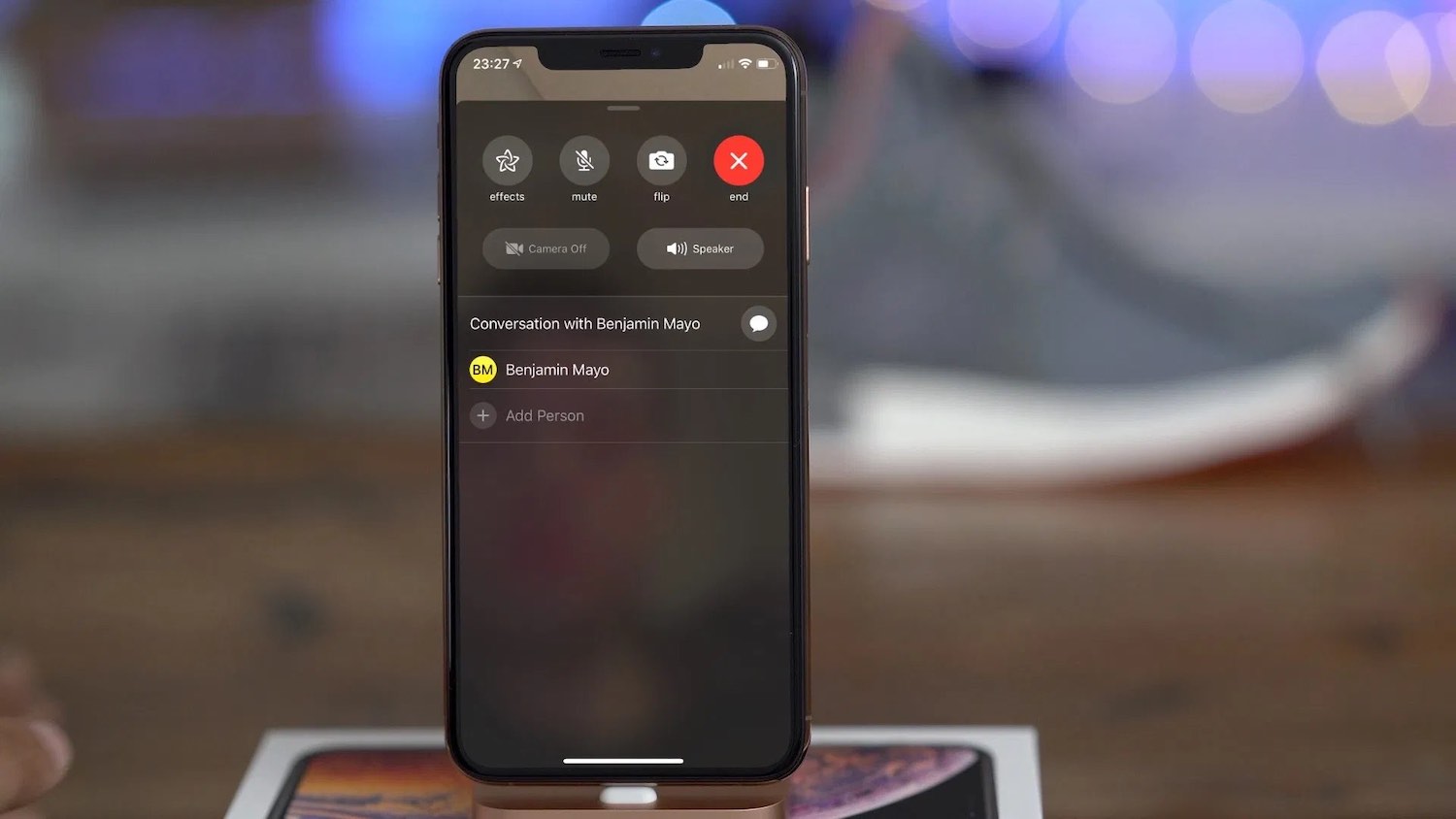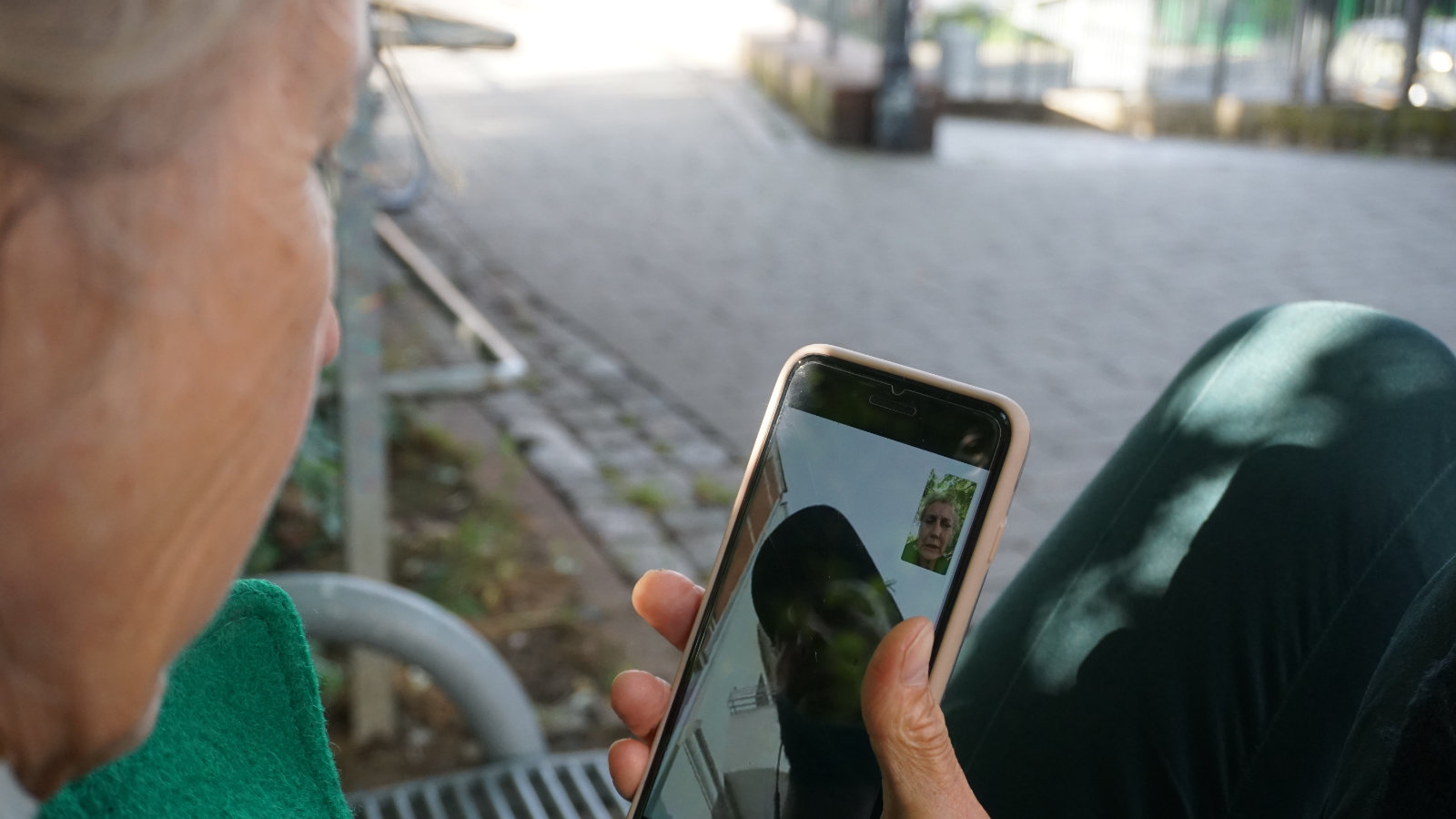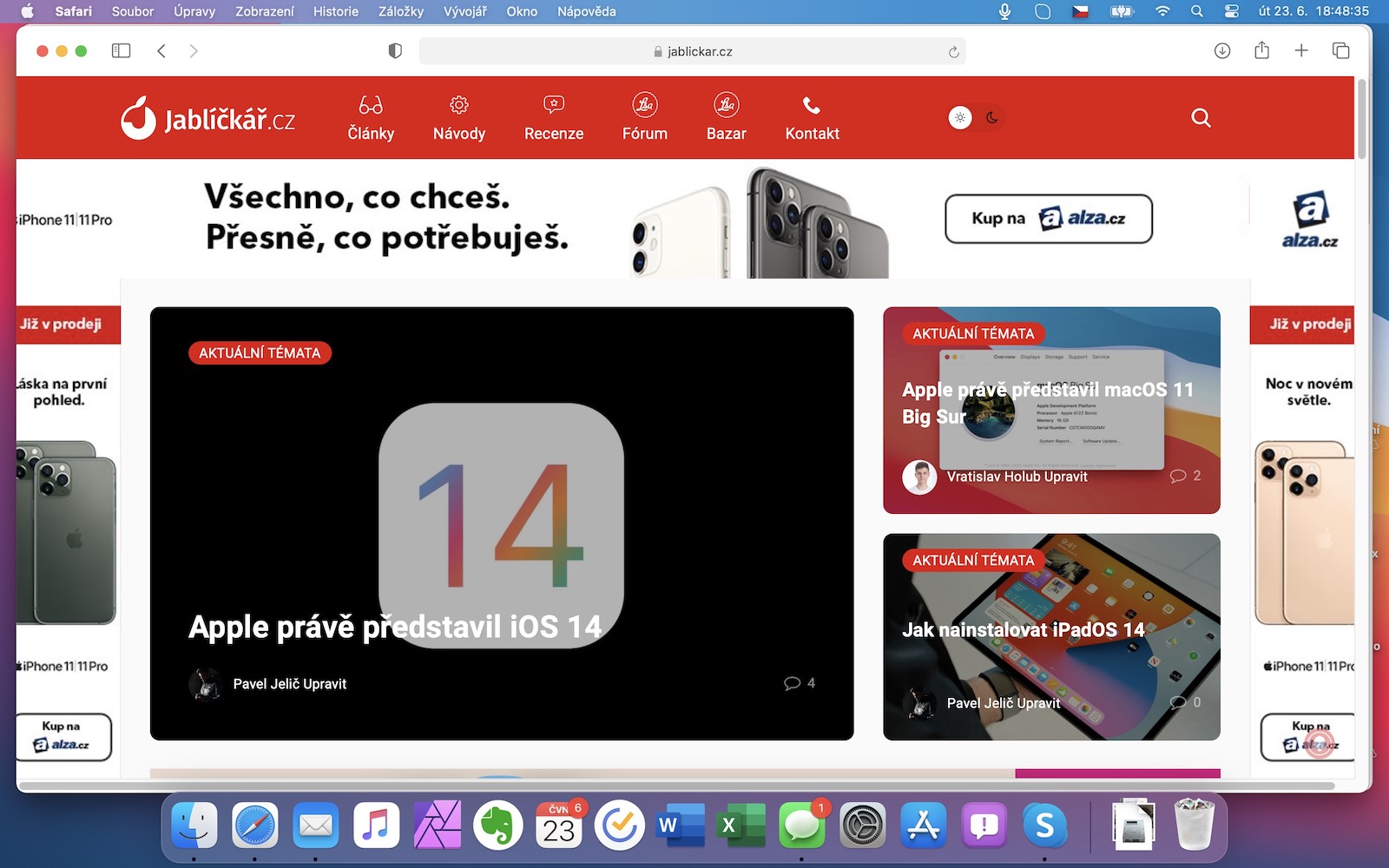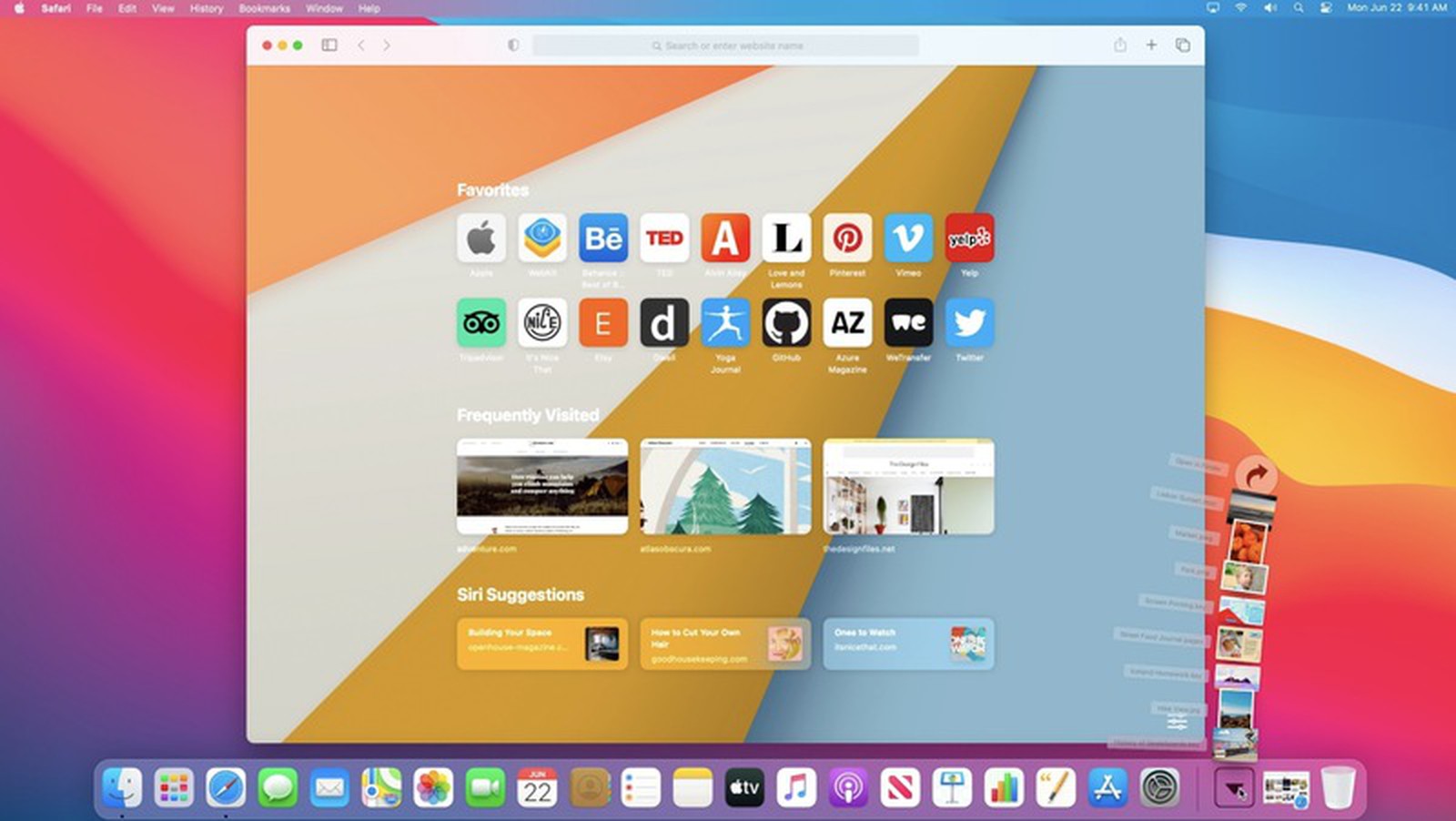In this regular column, every day we look at the most interesting news that revolves around the California company Apple. Here we focus exclusively on the main events and selected (interesting) speculations. So if you are interested in current events and want to be informed about the apple world, definitely spend a few minutes on the following paragraphs.
It could be interest you
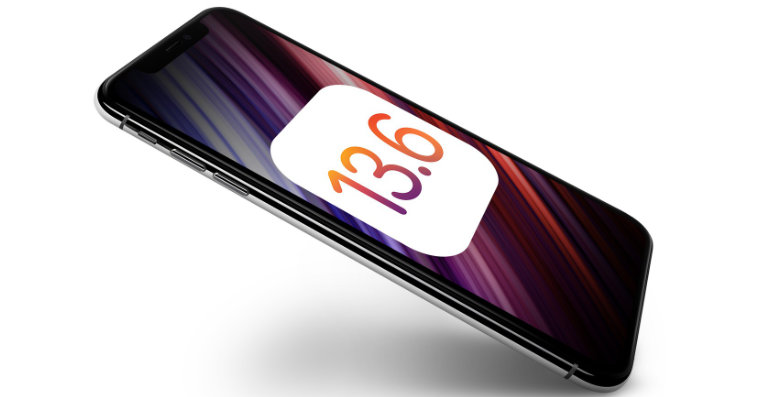
Monthly AppleCare+ has arrived in other countries
If you have been interested in Apple products, services and generally everything happening around the company for a long time, you are certainly no stranger to AppleCare+. This is a premium service that gives apple growers an above-standard guarantee. Unfortunately, the service is not available in our region, so we have to settle for the classic 24-month warranty, which is stipulated by law. Let's first talk about what AppleCare+ actually covers and how it differs from domestic services.
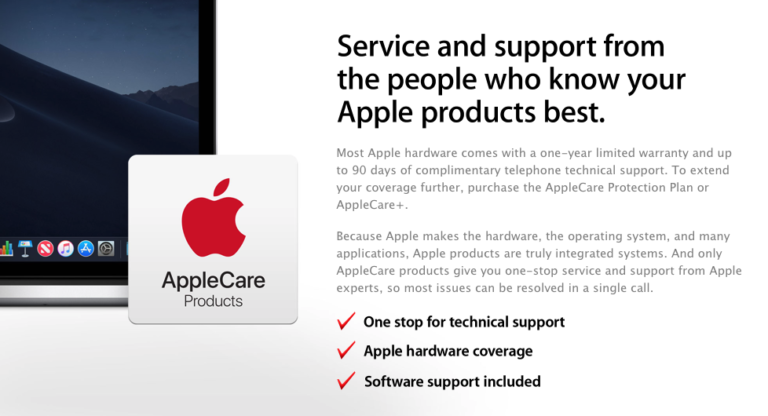
As you all know, for example, if you break your iPhone by dropping it on the floor or overheating it, you're just out of luck and you'll have to pay for the repair entirely out of your own money. But in the case of active AppleCare+ service, it's a different song. This guarantee partially covers the owner's clumsiness and continues to provide express service in Apple Stores, service support anywhere in the world, repair or replacement of accessories, free battery replacement if its condition drops below 80 percent, priority access 24/7 to Apple experts, professional help with troubleshooting and native app questions.
It could be interest you
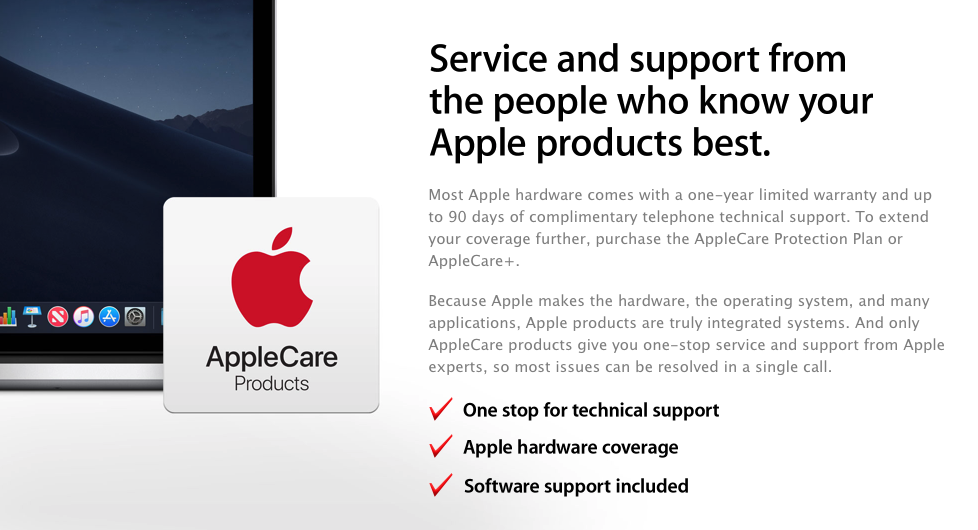
Recently, the Californian giant has decided to expand the new option for this service, which will touch apple growers in Canada, Australia and Japan. These users will be able to pay for the service monthly and will not have to pay larger amounts for longer-term coverage. With a standard AppleCare+ contract, it is paid either once every 24 or 36 months. Unfortunately, the service is not available in the Czech Republic, and we don't even have an Apple Store here. Whether we will ever see these two things is unclear for now.
FaceTime is finally available in the UAE
Apple's FaceTime service has gained many fans over the years and is undoubtedly the most popular in the United States. Although there is a predominance of devices with the Android operating system on the Czech market, we would certainly also find users who cannot imagine their daily life without FaceTime audio or video calls. That is why you may be shocked to learn that the service has been banned in the United Arab Emirates until now. Along with the arrival of the iOS 13.6 operating system, which we informed you about yesterday via our article, luckily the users there also got to see it. Why was FaceTime actually banned in the UAE?
For many years, FaceTime was completely banned in the UAE due to government-issued telecommunications restrictions. Since 2018, Apple has been trying to negotiate with the Emirates for a possible permission, unfortunately the ban was clear and FaceTime simply had to be banned on the devices of the users there. The Californian giant wanted to give the mentioned users the possibility of a secure video conversation without having to reach for local solutions. Of course, apple growers could get around this ban by buying equipment from another country, which of course was not covered by the ban. In some cases, an ordinary VPN service even helped. Apple has not yet commented on this news.
Apple has released the Safari 14 beta for developers and AppleSeed testers
On the occasion of the opening Keynote for the WWDC 2020 developer conference, we saw the presentation of the upcoming macOS 11 Big Sur operating system. This update also includes a significantly improved Safari browser with the designation 14. If you already have the developer beta version of the aforementioned Big Sur system installed, then you probably already know everything about Safari 14. However, Apple has recently decided to release a beta version of the browser itself for developers and selected AppleSeed testers, who can also start testing on macOS Mojave and Catalina systems.
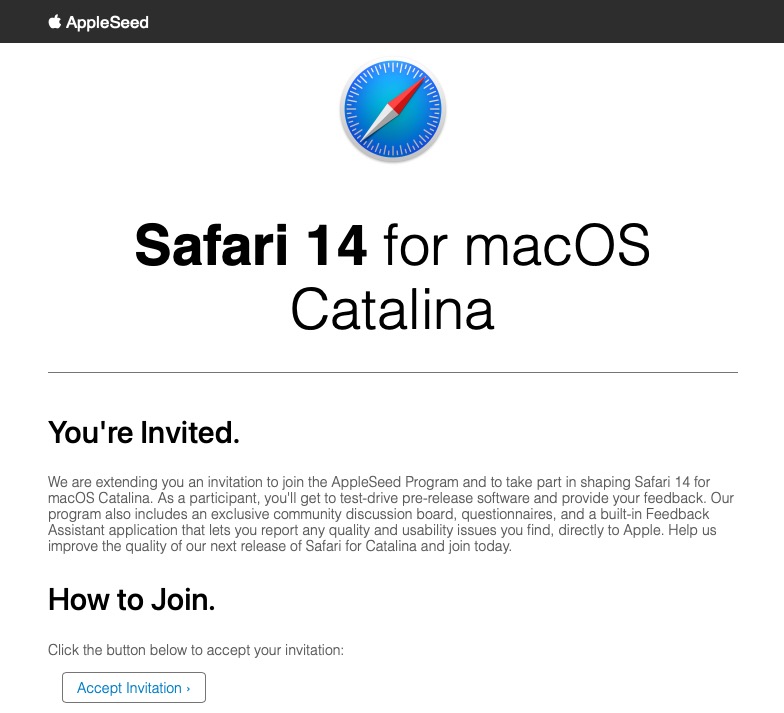
So what exactly is new in Safari 14? Probably the most popular is the new privacy tracking feature. In Safari, next to the address bar on the left, a shield icon has been added. After clicking on it, you will see the number of trackers and which of them it is specifically. Thanks to this, users have a much better overview of whether the website is tracking them or not. It goes without saying that the browser automatically blocks trackers - if you activate this option. Another novelty is an integrated translator, which is not yet available in our region. But let's move on again. The Californian giant cares about the privacy of its users, which is demonstrated by several steps. In addition, Safari 14 analyzes iCloud Keychain passwords and informs you if a password was part of a data breach or if you should change it.
During the presentation itself, Apple also boasted that Safari is significantly faster. The Apple browser should load pages up to 50 percent faster than the rival Chrome, and its consumption has decreased significantly. If we compare Safari again with Chrome or Firefox, we should get up to three hours more endurance when watching a video and an hour more when browsing the web.
 Flying around the world with Apple
Flying around the world with Apple 